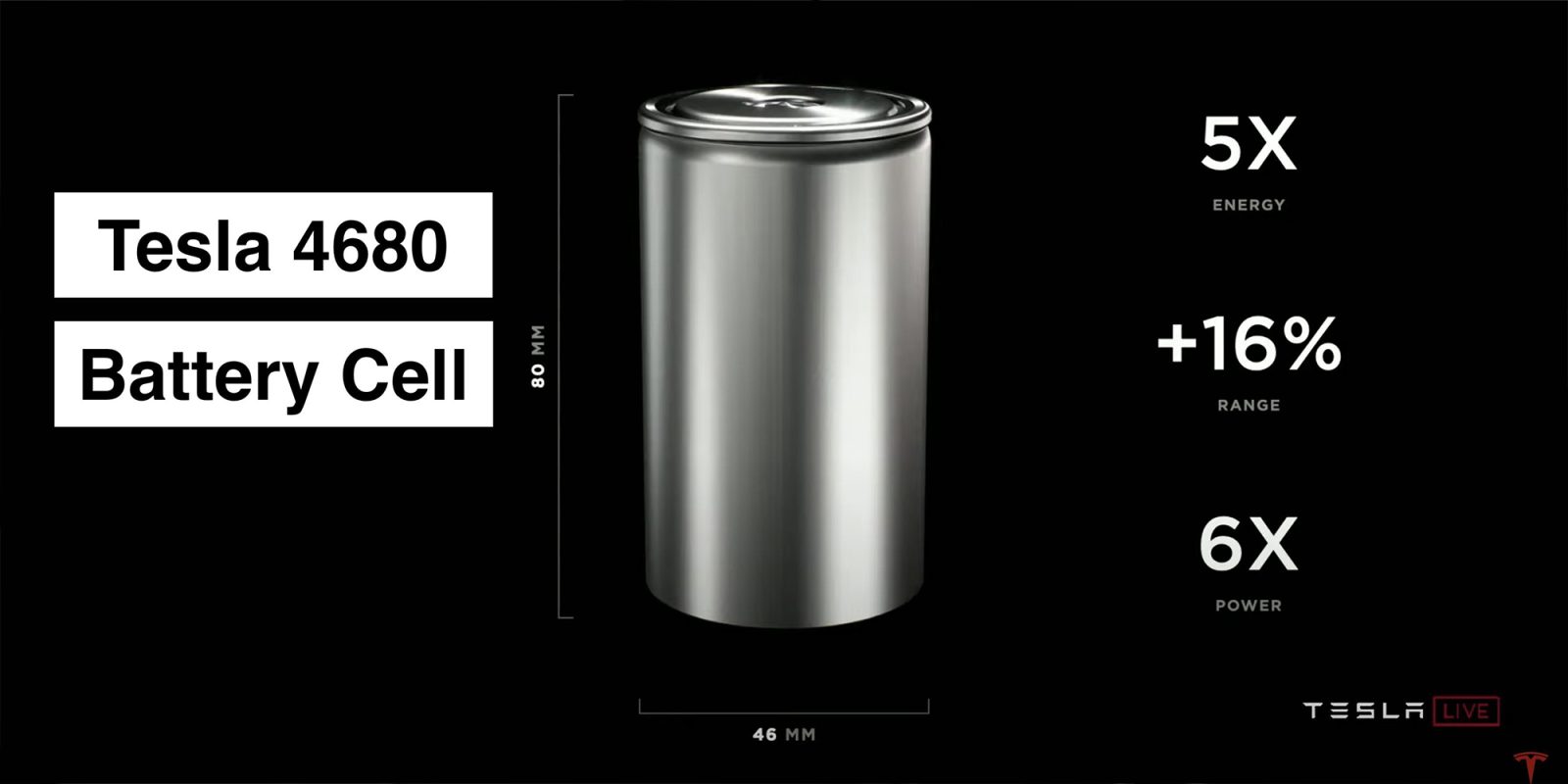Tesla's Billion Dollar Showdown: A Twisted Tale of Stolen Secrets and Scandal

In the fast-paced world of automotive innovation, powerhouses like Tesla often find themselves embroiled in fierce legal battles. The latest drama? Tesla is suing Matthews International, a former machinery supplier, accusing them of 'stealing trade secrets' pivotal to its revolutionary battery production process.

Tesla vs. Matthews International
The backdrop to this legal standoff dates back to 2019, when Tesla selected Matthews as a key supplier for equipment integral to refining its dry-electrode battery manufacturing. According to Tesla, Matthews agreed to a confidentiality agreement, which would prevent the dissemination of Tesla's innovative technology to other clients. However, the automaker claims Matthews breached this agreement in multiple ways, severely impacting Tesla's proprietary interests.
First up, Tesla alleges that Matthews filed patents that incorporated technologies Tesla believes are its own, without obtaining any permission. These actions, as stated in Tesla’s lawsuit, amount to blatantly trying to 'claim both ownership and inventorship of Tesla’s confidential trade secrets.' Not only does this jeopardize Tesla's investment in its cutting-edge dry-electrode manufacturing process, but it also risks unveiling these high-value trade secrets to competitors.
Tesla asserts, "Matthews unambiguously attempted to claim for itself both ownership and inventorship of Tesla’s confidential trade secrets."
The Damage and The Defense
Furthermore, Tesla claims Matthews crossed another red line by selling technology that allegedly embodies Tesla's trade secrets to other companies, including direct competitors. This dissemination poses an imminent threat to Tesla’s competitive advantage in the burgeoning electric vehicle market. All these allegations have led Tesla to seek damages estimated "conservatively" at $1 billion.
On the flip side, Matthews International firmly denies all charges. The company has branded Tesla's allegations 'utterly without merit,' contending that the complaint doesn't even identify any specific trade secret purportedly disclosed to Matthews. In a staunch rebuttal, Matthews suggests it is Tesla that is attempting to bully them and usurp their intellectual properties.
Matthews retorts, "Tesla’s lawsuit is simply a new tactic in their ongoing efforts to bully Matthews and improperly take Matthews’ valuable intellectual property."
The Background of the Battle
To understand the gravity of the situation, it's worth noting that Tesla acquired Maxwell Technologies in 2019, primarily for its dry electrode technology. This acquisition was crucial for advancing Tesla's 4680 battery cell technology, a vital component for the future of Tesla's electric vehicles. The current lawsuit acts as a protective measure to uphold the integrity and exclusivity of this innovative process.
As Tesla continues to disrupt the automotive industry, the stakes keep getting higher, making the protection of intellectual property a more precarious endeavor. This legal tangle serves as a case study on the intricate, often perilous dance companies engage in to safeguard their technological advancements while pushing boundaries.
Regardless of which side prevails, the lawsuit sets a precedent for the importance of confidentiality and the devastating impacts of breaches. It’s a complex scenario, shrouded in layers of innovation, secrecy, and, inevitably, fierce competition.
What unfolds next in this billion-dollar showdown will undoubtedly be watched keenly, not just by the legal teams of both firms but by the entire automotive industry. In an arena where technological edge can mean the difference between industry leadership and obsolescence, the outcome here could have far-reaching ramifications.